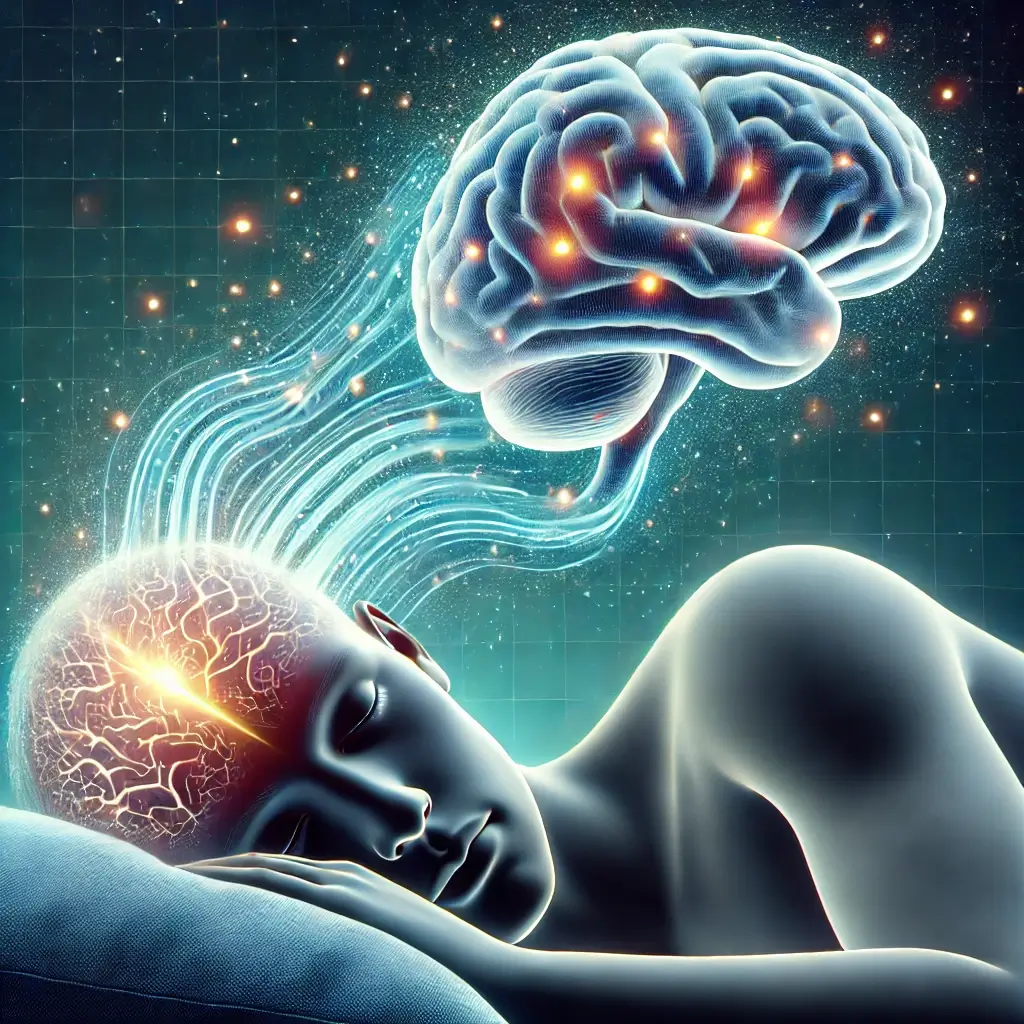Insomnia is Widespread and Frequently Associated With Other Disorders
Insomnia is commonly associated with other disorders.
Insomnia is a common sleep disorder that frequently coexists with other medical and psychological issues. This complicated interplay might make it difficult to detect and treat.
Common Conditions Associated With Insomnia:
Insomnia can be a symptom or a result of numerous diseases, including:
Mental health conditions include depression, anxiety, bipolar illness, and PTSD.
Medical Conditions: Chronic pain, heart illness, respiratory difficulties (such asthma or COPD), thyroid diseases, neurological conditions (Parkinson’s, Alzheimer’s).
Other sleep disorders include sleep apnea, restless leg syndrome, and periodic limb movement disorder.
Substance Abuse: Alcohol, caffeine, nicotine, and some medications can disturb sleep.
Impact of Insomnia
When insomnia is combined with another disorder, it can worsen symptoms, lower quality of life, and increase the risk of consequences. For example:
Depression: Insomnia can exacerbate depressed symptoms and vice versa, producing a vicious cycle.
Chronic Pain: Sleep deprivation can reduce pain tolerance, making chronic pain problems more difficult to manage.
Heart Disease: Sleep Disorders and Cardiovascular Risks
Adequate and quality sleep is critical for general health, including cardiovascular function. However, sleep problems can have a major impact on heart health.
Sleep problems can contribute to heart disease in various ways, including their effect on blood pressure. Blood pressure usually drops during regular sleep, allowing the cardiovascular system to relax and heal.
However, when a person’s sleep patterns are disrupted, such as through insomnia or sleep apnea, this natural drop in blood pressure may not occur. As a result, the heart has to work harder throughout the night, resulting in chronic high blood pressure or hypertension.
In addition to high blood pressure, sleep problems can contribute to abnormal cardiac beats or arrhythmias. These irregular heart rhythms can range from minor palpitations to life-threatening diseases such as atrial fibrillation.
During sleep, the autonomic nervous system regulates heart rate and maintains proper cardiac rhythm. Poor sleep can disrupt this mechanism, causing the onset or exacerbation of arrhythmias.
Chronic sleep deprivation and fragmented sleep have also been associated with increased cardiovascular risk factors such as inflammation, insulin resistance, and endothelial dysfunction.
These underlying physiological changes can increase an individual’s risk of heart disease, stroke, and other cardiovascular issues.
Individuals should prioritize proper sleep hygiene and manage sleep problems to maintain a healthy cardiovascular system.
This may entail lifestyle changes such as practicing relaxation techniques, adhering to a steady sleep schedule, and avoiding stimulants before bedtime.
In some circumstances, medical procedures, such as sleep apnea treatment, may be required to address the root causes of sleep disturbances and lower the risk of heart disease.
Seek professional help if you have persistent insomnia. Speaking with a healthcare practitioner can determine if you have any underlying causes and devise an effective treatment strategy.













